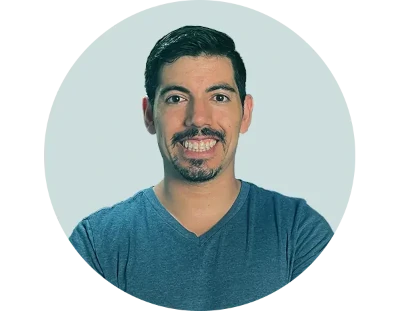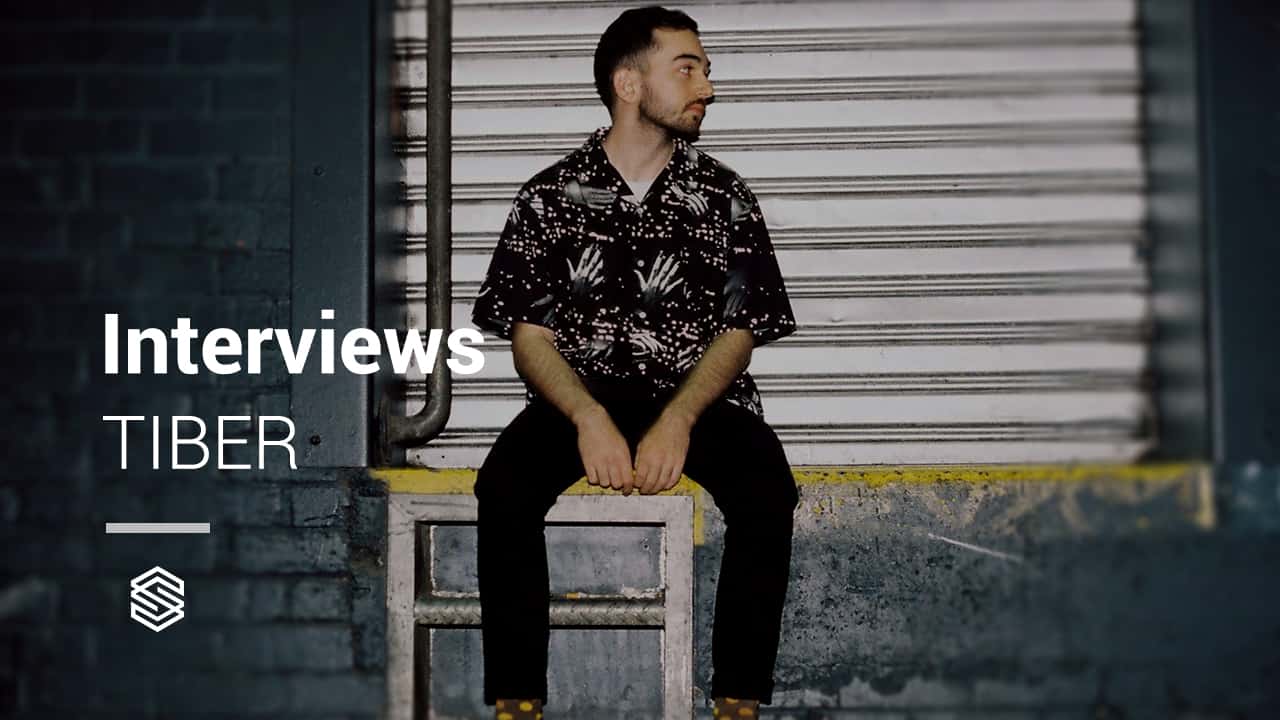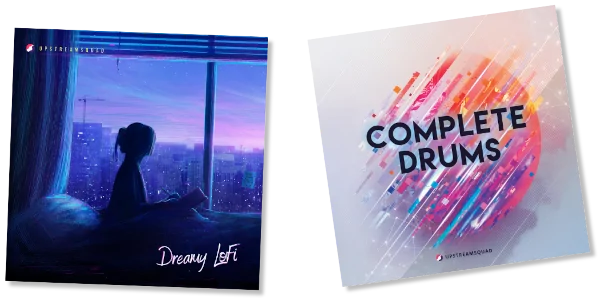The Beginning
SoundShock: What made you want to start making music and get into production? How have things changed since then?
Throughout high school I’d always wanted to make electronic music but was occupied in a band and just didn’t have the time. Once that finished, I was able to start looking into production and haven’t looked back since. It’s been great because I can produce what I want when I want and don’t have to rely on anyone else.
Mixing & Mastering
Your choruses/drops are very full sounding and leave an impact on the listener. Do you have any specific tips for creating these large choruses/drops?
With the chorus, I guess it’s the main part of the song that people connect with so I always try to make it catchy. It’s all about melody in the end and having sounds work together. If they sound like they all belong together it really helps enhance the message you’re trying to get across. I like to leave space through the song to build tension, then you get a level of release with the chorus.
The mastering in your tracks is very clean, upfront, and powerful. Are there any tips for getting this type of modern dance music mastered sound, assuming that your mix down is already well balanced.
Yeah, most of it definitely comes from the mix. Watch your bass levels, it doesn’t need to be turned up as much as the rest of the song because it takes up a lot of headroom. Compression and limiting are your friends for the master, don’t try and squash the track too much or else you’ll lose all the dynamics. Although, a lot of popular songs do this anyways.
Plugins
What are some of your favorite plugins at the moment and how do you use them in your tracks?
Lately I’ve been using Pro Q 2. It is such a great EQ. You can really fine tune every sound with it. I also use the Ableton Live 8 Compressor for sidechaining because it doesn’t give that clicky sound that the Live 9 one has. Lately I’ve been into phasers so I’ve been finding some free ware ones, as well as Phasis by Native instruments.
Arrangement
Your track arrangements are engaging and continue to evolve from start to finish. What are some techniques you use to evolve your arrangement throughout the entire track and avoid having your arrangement sound boring and predictable?
I think just constantly adding new ideas and taking them away from the track really help to keep it fresh. You don’t want to add too many new sounds or it can get messy. Use the same synth or drum sound and just create a new melody or rhythm and it can change the feel of the track. EQ automation can help a lot to keep the track interesting.
Compression and limiting are your friends for the master, don’t try and squash the track too much or else you’ll lose all the dynamics.
TIBER
Writing & Music Theory
Electronic producers have a hard time with music theory. Either they don’t know what to learn or how exactly to apply the theory. If you use theory when writing your tracks, what specific parts do you use and what would you topics do you feel producers should know?
Music theory is a weird one. I think knowing how to play an instrument is definitely the most important thing, I’m not a great piano player, so I feel like it holds me back a little, but you can make up for it by being a bit more experimental with sound design and just listening to what sounds good. I definitely want to learn more theory and have been doing that a lot more lately. Playing other people’s songs really helps too because you can look at the chord voices and changes then see how that lines up to whatever key they are playing in.
Sound Design
Your tracks contain many well sound designed basses and synths. What synthesizers do you use in your tracks and how do you approach the layering of these sounds?
Up until now it’s mainly been Sylenth and Serum, but I’ve recently got a Dave Smith Prophet 8 Rev 2, so that’s been the main tool. I try and avoid cluttering the track with the same frequencies, so I’ll keep the bass low, the chords in the mid and the melody in the higher end, but it always changes depending on the track.
General
Is there a technique or two that you consistently use when producing tracks? If so, what are they?
Each track starts differently for me, but I find starting with the melody helps a lot, then building the rest of the song around that. For arrangement, I’ll just double the loop that I’m working on and add/remove things which really helps push the song along.
Where do you find inspiration? Also if you are working in the studio and get stuck. How do you get past that point?
Mainly from other pieces of music. I listen to a lot of 70s soul and funk. Hearing the things some of those bands do is just crazy. This really inspires me to try and push my work to the next level. When I get stuck, I either start throwing plug-ins I never use on the track and mess with it, or start something else from scratch. Not everything you make is gonna be great! (unfortunately)
What is the hardest part of producing and how do you work around it?
Coming up with an initial idea can be difficult, but the hardest thing is finishing tracks. Sometimes I’ll get an idea midway through a track and then start something new and forget about what I was working on. Then this repeats and you never finish a song haha.
Aspiring producers these days lack patience. They want to produce the next big hit after they’ve only been producing for a short period of time and they get discouraged when the results aren’t immediately there. What motivated you to keep learning and improving through the beginning stages of your music career and what advice would you give to impatient producers.
Patience is definitely the best thing someone can have. I think you have to be harsh on your own music, if you wouldn’t listen to it, then don’t release it. In my case I can make 10-20 tracks and maybe 2-3 will be any good. Most of your idols have been doing it for a lot longer than you, but you never see that work that they put in so it feels instantaneous. Social media doesn’t help this either, so getting off that can really help with building patience and not creating FOMO.
Marketing & Branding
For many producers finding an avenue to make money from their passion is a struggle. What are some ways that you were able to make money with your music in order to keep your career going?
Well I still work a day job, so I haven’t totally been able to sustain myself with music. I think playing shows is the best way, but you can always mix down other people’s songs, master them and even write tracks for other people. Streaming isn’t a really stable way to make money either because the payment is so sporadic.
What’s Next
What can we expect from Tiber in the near future?
Definitely more songs as my sound changes. I want to incorporate more vocals and different styles into my writing until I find something I’m totally comfortable with, but who knows how long that could take! There’ll be more shows too, so be on the lookout 🙂





